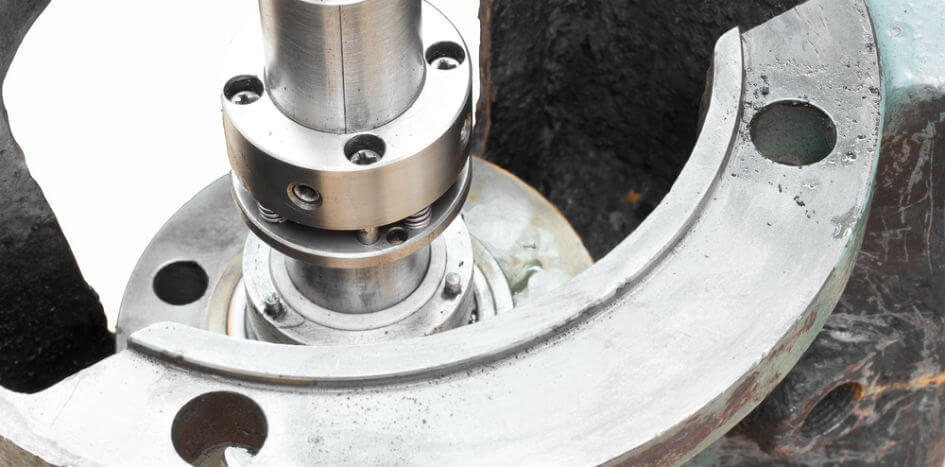
Mechanical seals are an essential component in many industrial applications, including pumps, compressors, and mixers. They are designed to prevent the leakage of fluids and gases from the equipment, ensuring safe and efficient operation. In this article, we will explore what mechanical seals are, how they work, and their importance in various industries.
What is a Mechanical Seal?
A mechanical seal is a device that creates a barrier between two surfaces to prevent the leakage of fluids or gases. It consists of two main components: a stationary part and a rotating part. The stationary part is typically mounted on the equipment housing, while the rotating part is attached to the shaft of the rotating equipment. The two parts are held together by a spring and a set of secondary sealing elements, such as O-rings or gaskets.
How Does a Mechanical Seal Work?
When the equipment is in operation, the rotating part of the mechanical seal rotates with the shaft, while the stationary part remains fixed. The two parts are held together by the spring, which creates a force that compresses the secondary sealing elements. This compression creates a seal between the two surfaces, preventing the leakage of fluids or gases.
The primary sealing element of a mechanical seal is typically a set of faces, which are made of materials such as carbon, ceramic, or tungsten carbide. These faces are lapped to a high degree of flatness and are held together by a thin film of lubricant, such as oil or water. The lubricant helps to reduce friction and wear between the faces, ensuring a longer service life.
Importance of Mechanical Seals:
Mechanical seals are critical components in many industrial applications, as they play a crucial role in preventing the leakage of hazardous or expensive fluids and gases. They also help to reduce energy consumption and increase equipment reliability by minimizing the loss of fluids and gases. Proper selection, installation, and maintenance of mechanical seals can significantly improve the efficiency and safety of industrial equipment.
Conclusion:
Mechanical seals are essential components in many industrial applications, and their proper selection, installation, and maintenance are critical to ensuring safe and efficient operation. Understanding the inner workings of mechanical seals can help engineers and technicians make informed decisions about their use and maintenance. By following best practices for mechanical seal selection and maintenance, industrial equipment can operate more efficiently, safely, and reliably.
